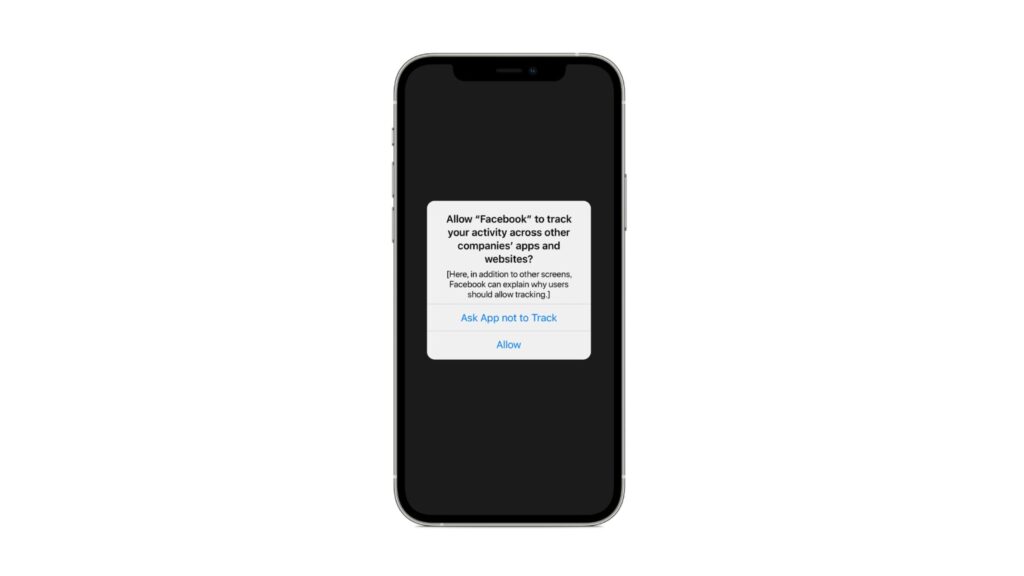Apple’s Stunning New iPhone Feature Is A Triumphant Success – Forbes

|
Getting your Trinity Audio player ready...
|
SOURCE: Kate O’Flaherty | Forbes
Apple’s recently-launched iPhone privacy feature, App Tracking Transparency (ATT) is proving to be a triumphant success—that is, if you care about privacy.
According to a recent Bloomberg article, iOS 14.5’s ATT, as predicted, has really hurt the likes of Facebook and its advertisers. In fact, the latest figures from Branch, which analyses mobile app growth, show that 75% of iPhone users are opting out of being tracked across their iPhones.
Launched in April, ATT effectively spelled the end of the identifier for advertisers (IDFA), a unique code that allows apps to track you across apps and websites you use on your iPhone. If you say no to the new “Allow App to Track” iOS prompt, the app developer will be given a string of zeros instead of the unique code.
The impact of this is huge, as the IDFA was used to measure the success of ad campaigns—for example, if someone saw an ad on Facebook, but typed the site into Google and brought up the website, it was possible to track this. Not any more—and combined with the fact there is now less data available to be collected by external websites and sent back to Facebook, it’s become a heck of a lot harder to track, profile and target users with ads.
Facebook said a while back that its advertisers would be hurt, and Bloomberg confirms this, quoting people in the advertising industry who say this data removes a “single source of truth” measuring ad effectiveness.
Privacy-focused business model works for Apple
Apple’s ATT feature is forcing companies such as Facebook and its advertisers to change the model. This is not a bad thing, since the previous model was broken, with intrusive tracking that was an invasion of people’s privacy.
Facebook says it’s looking at other ways of measuring ads’ success, but it needs to do so with privacy in mind. As Google’s proposed and now failing FLoC experiment shows, users won’t just take new measures from the big tech companies at face value. It’s also about trust—and in that way Apple is winning in the battle with Facebook and Google.
It’s fair to say ATT was a great move by Apple, but it’s also important to remember that privacy is a business model that works for the iPhone maker. Unlike Facebook and Google, Apple makes its money through its own walled garden ecosystem of hardware, software and services. Its model is not based on data collection and tracking to serve you ads.
It is therefore no surprise that Apple has been making a big deal of the new iPhone privacy feature, with a TV ad campaign showing users just how invasive ad tracking is. Apple CEO Tim Cook says privacy is a fundamental human right—and he’s correct.
And while Apple does benefit from its iPhone privacy features and anti-tracking ethos, it is not the only one. The user—you—is increasingly able to access privacy by default and design, and that’s certainly something to be happy about.
This article was originally published on Forbes. You can view the original article here.

